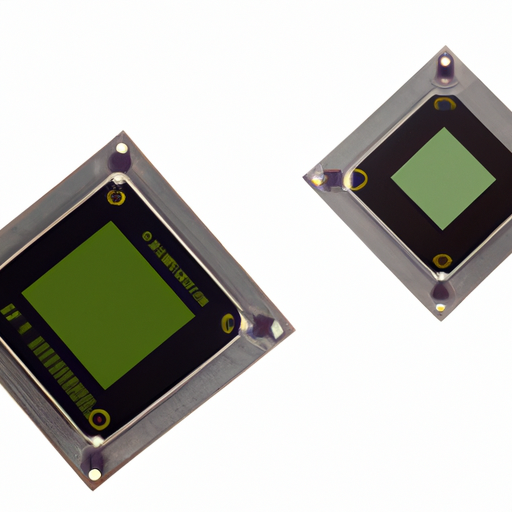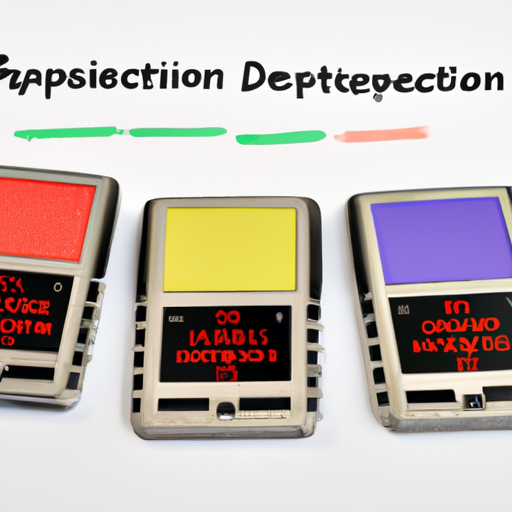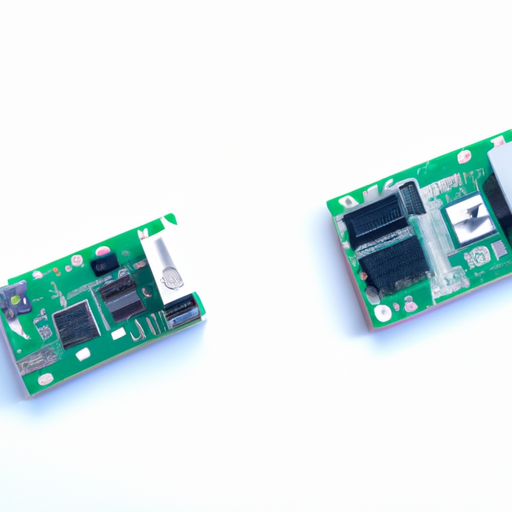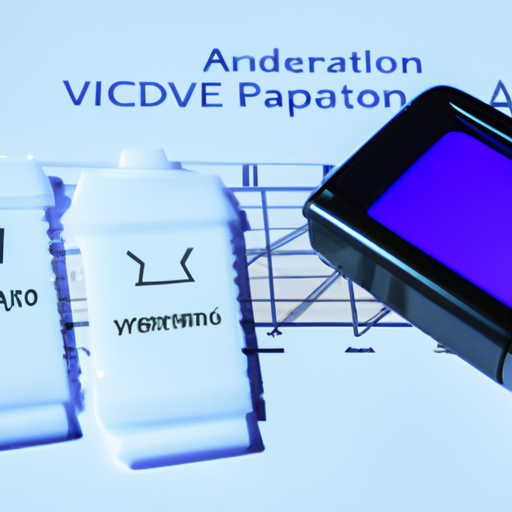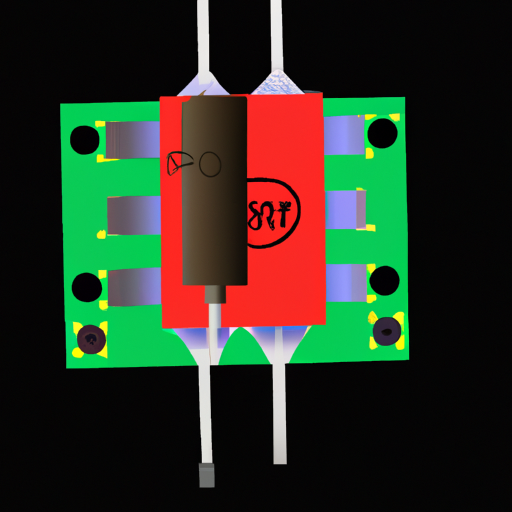ECS-F1EE336 Photo Detectors - CdS Cells highlighting the core functional technology articles and application development cases of Photo Detectors - CdS Cells that are effective.
ECS-F1EE336 Photo Detectors - CdS Cells: Core Functional Technology and Application Development Cases
Overview of CdS Cells (Cadmium Sulfide Photodetectors)
Cadmium Sulfide (CdS) cells, also known as photoresistors or light-dependent resistors (LDRs), are semiconductor devices that change their resistance based on the intensity of light they are exposed to. Their simplicity, low cost, and effectiveness in detecting light levels make them widely used in various applications.
Core Functional Technology
| 1. Principle of Operation | |
| 2. Material Properties | |
| 3. Response Time | |
| 4. Spectral Sensitivity | |
| 5. Temperature Sensitivity | |
| 1. Lighting Control | |
| 2. Photography | |
| 3. Consumer Electronics | |
| 4. Alarm Systems | |
| 5. Solar Tracking Systems | |
| 6. Toys and Educational Kits | |
| 1. Smart Home Automation | |
| 2. Agricultural Applications | |
| 3. Wearable Technology | |
| 4. Environmental Monitoring |
Applications of CdS Cells
Development Cases
Conclusion
CdS cells continue to be a vital component in various applications due to their simplicity, cost-effectiveness, and reliability in light detection. As technology evolves, their integration into smart systems and innovative applications is expanding, solidifying their role in modern electronic devices and systems. Their versatility and effectiveness ensure that CdS cells will remain relevant in future technological advancements.

